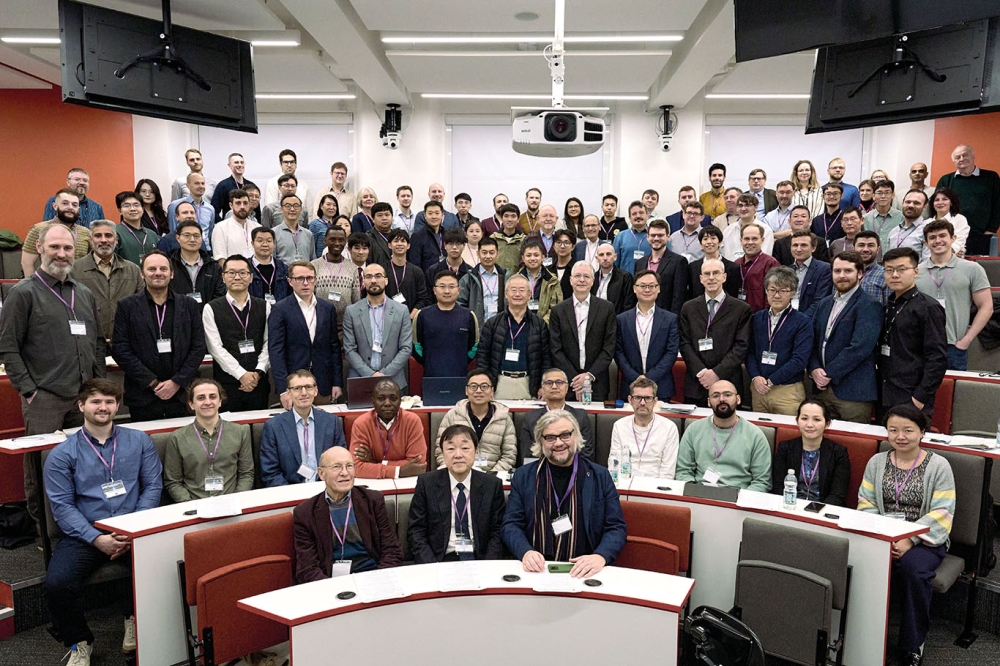Swedish project to develop SiC epitaxy, packaging
The Swedish firm TranSiC, which specializes in bipolar power transistors based on SiC, is working on a new three-year project to further develop the technology.
The Royal Institute of Technology (KTH) spin-out company will share €1.3 million ($1.7 million) in funding with KTH and local technology incubation company Acreo. The Swedish Energy Agency and the government innovation agency VINNOVA are supporting the project.
TranSiC s development team will use the funds to improve device epitaxy and packaging techniques, which should result in SiC transistors with a higher breakdown voltage and the ability to handle higher currents.
CEO Bo Hammarlund said that the government support will make a big difference to TranSiC's efforts to engage customers, who view the development of suitable packaging for high-temperature applications as one of critical importance.
SiC power transistors are expected to find widespread application in future hybrid electric vehicles (HEVs), and the new project is said to be closely linked with the Swedish automotive industry.
Spun out of KTH in 2005 by Hammarlund, Martin Domeij and Mikael Östling, Kista-based TranSiC has previously received start-up support from VINNOVA and the Swedish Energy Agency.
• Acreo is spinning off another compound semiconductor start-up business - this time in the optoelectronics field.
IRnova will seek to exploit commercially Acreo s expertise in quantum well infrared photodetectors (QWIPs). The company has developed an MOCVD process based on the AlGaAs/GaAs material system that can be tailored to absorb radiation at between 3 micron and 20 micron (see related link to IRnova's technology).
IRnova has a key existing customer in camera specialist FLIR Systems, which has been sourcing QWIPs from Acreo for some time.
Thanks to a recent increase in production capability, IRnova is now able to produce thousands of the high-performance detectors annually, and the company is already claiming to be the leading supplier of QWIPs for focal plane array detectors.
Although military applications have dominated the initial use of QWIPs, IRnova believes that industrial applications are now coming to the fore.































